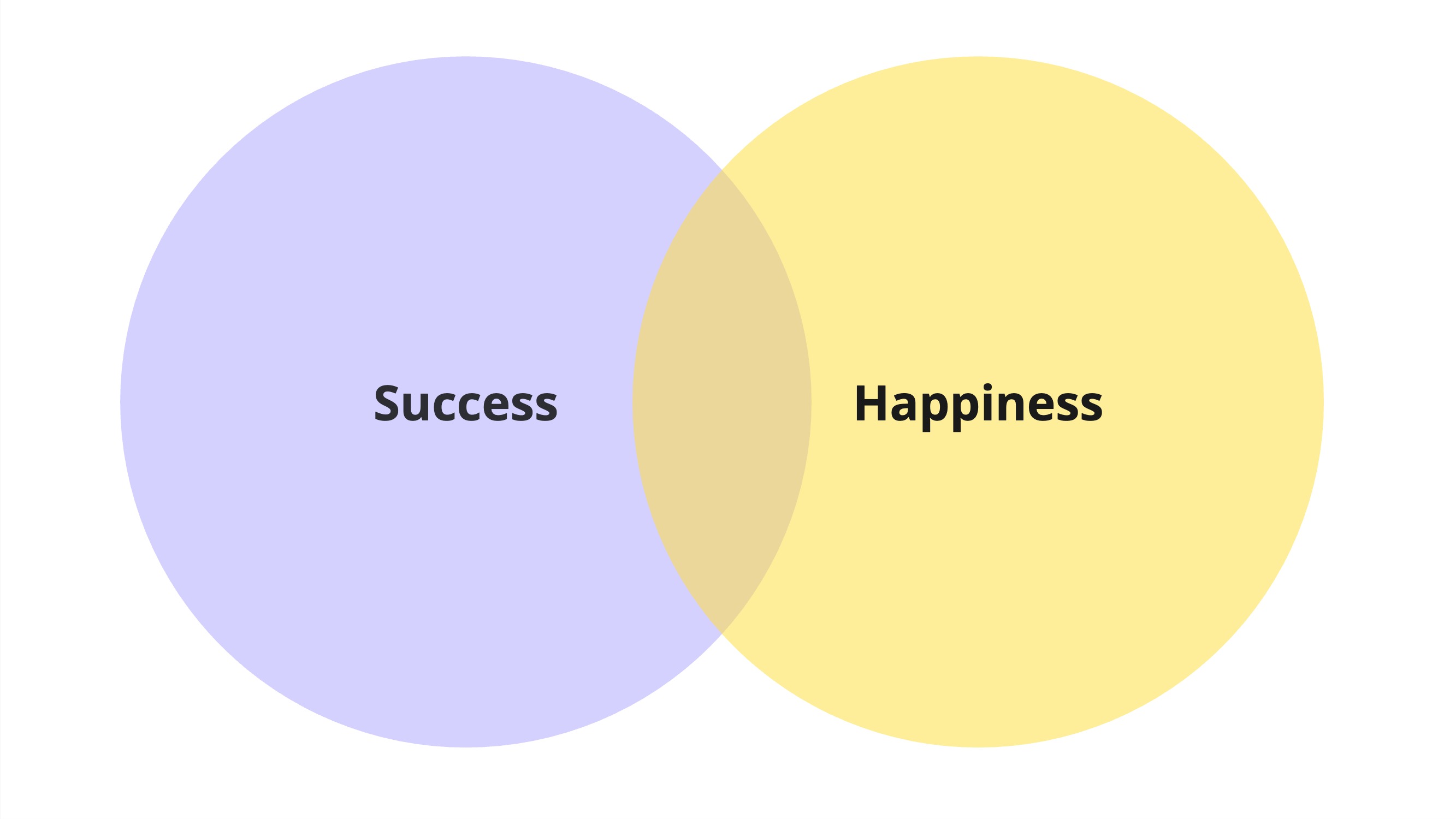In my previous post The Role of a Product Manager, I covered the definition of Product Management and the role of a product manager. In this post, I will review the 10 must-have skills to be a successful PM in any organization.
1. Communication
The core of PM’s work is Communication. Great PMs have strong verbal and written communication skills and can communicate clearly and efficiently. They communicate by talking, presenting, emailing, writing, storytelling, messaging and prototype walk-throughs. They are master storytellers and can choose the right venue and level of formality for any communication channel.
2. Leadership
PMs are servant leaders, leading and persuading without authority. They inspire and motivate others to work towards a clear, compelling vision. They motivate product team members, provide thought leadership and mentorship to younger PMs, and actively assist them in expanding and developing skills and knowledge.
3. Execution
Execution (aka, getting sh*t done) is another must-have skill for any Product Manager. Great PMs obsess about understanding the problem - they stubbornly focus on understanding, refining, and articulating the problem (or opportunity) to the team. They think big but always start small to ship and learn faster from the small product increments. They focus on more than just features but on the whole customer experience. They keep the team aligned on vision, goals, and strategy, ensuring that team priorities are clear and trade-offs are well understood. Execution is not one skill but a collection of skills from problem discovery to marketing campaigns it is at the core of being a great PM - Great PMs do whatever it takes to get sh*t done and deliver value to their users.
4. Data Analytics and Customer insights
PMs always leverage data to uncover problems and opportunities. They constantly talk to a range of customers and always seek deeper insights. Great PMs can leverage qualitative and quantitative data to get deep inside into customer behaviours and their needs and leverage it to create the best possible value for their product.
5. Collaboration
PMs are the connective tissue between business, design and technology. They are master facilitators, including actively participating in meetings, leading meetings, running squad processes, solving problems with other squads, and appropriately avoiding and diffusing conflict. They build engaged, high-performing, collaborative and inclusive teams, ensuring they fully leverage the best from those around them. They can handle hard conversations and diffuse any conflict situations. They can effectively negotiate ambiguous situations and drive rapid decisions. They proactively look for opportunities to improve how to work well together within the team and across teams.
6. User Empathy
User empathy entails truly understanding the user’s wants, needs, and pains. PMs must understand what motivates users and why they act in specific ways. They constantly collect data to better understand customer behaviours, including conducting surveys, user interviews, prototyping, A/B testing, usability testing, understanding and representing different user types and their needs and synthesizing user science into insight. They are recognized internally as experts in customer needs in their product area.
7. Strategic Thinking
PMs are responsible for taking in a range of inputs and perspectives and clarifying and prioritizing focus areas for their team. They have a clear rationale for why we are pursuing one set of priorities versus another and can clearly articulate a path to achieve results for a product or area they own. They can also connect the dots across products, industries, and trends for maximum strategic impact.
8. Vision
Great PMs create a broad, long-term vision for their product using a deep understanding of customer needs and domain knowledge. This vision always aligns with the company’s goals, inspires, resonates, and drives clarity to their team and customers.
9. Planning and Goal Settings
Great PMs are always thinking about outcomes rather than outputs. They define SMART1 goals that are realistic yet aggressive and get buy-in from both their team and management around them. They ensure the product team is focused on the defined objectives, operating seamlessly with minimal blockage and shipping high-quality products according to planned releases and milestones.
10. Technical Knowledge
PMs’ level of technical knowledge depends on the domain and the product they are working on, and even though most don’t need a deep technical understanding, they should be able to communicate effectively with their team members and dev leads by having enough technical knowledge and understanding of the tech stack. Check out the Department of Product's article for a deeper analysis and coverage of basic technical skills.
Summary
In summary, it’s not easy to be a PM. It’s a challenging role that requires various soft and hard skills, but it’s also one of the most impactful and rewarding - there is nothing more rewarding than delivering value to your users and business.
-
SMART goals are Specific, Measurable, Achievable, Relevant, and Time-Bound. For more information check our Smart Goals on Mindtools ↩





Comments